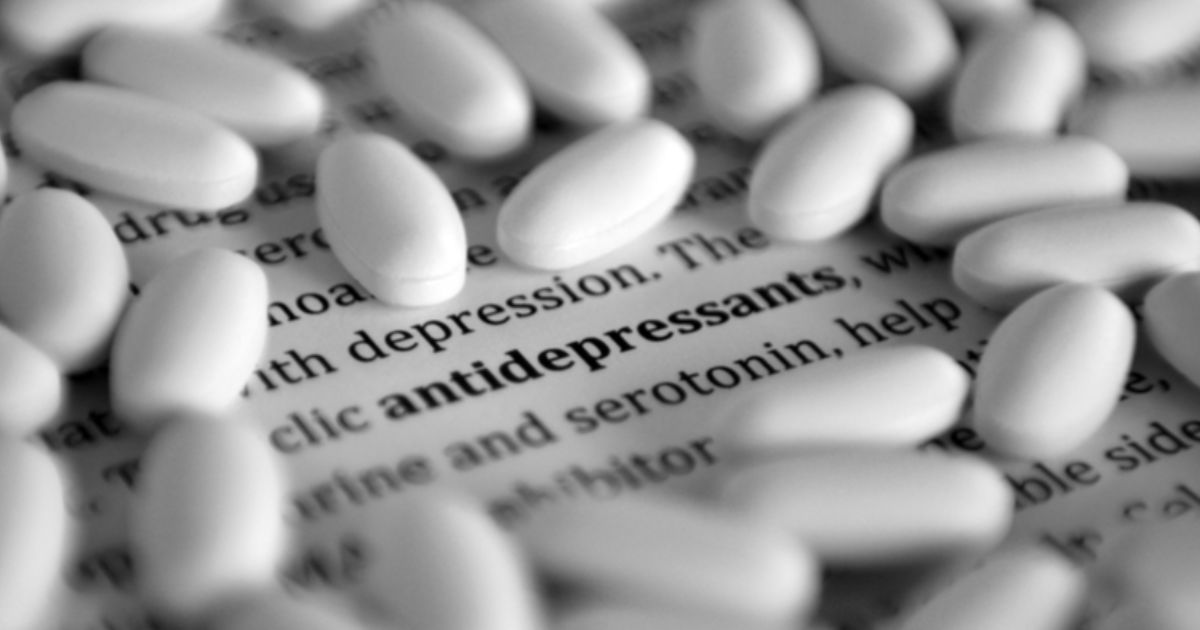Guide To Managing Dysthymia
Dysthymia is a type of depression called persistent depressive disorder. Though not as well-known as major depressive disorder, dysthymia is a chronic and continuous condition. Individuals with dysthymia may feel hopeless, struggle to be productive, be uninterested in day-to-day activities, feel inadequate, and have low self-esteem. The feelings persist for years and can cause significant problems functioning in day-to-day life. Patients may struggle to enjoy their hobbies, focus on work, care about school, and maintain healthy interpersonal relationships. Persistent depressive disorder doesn't present with the same symptom severity as major depressive disorder. With that said, an individual's level of depression can fluctuate, and there may be times it reaches severe levels. If an individual has dysthymia, it's important for them to know there are treatment options and lifestyle adjustments they can make to help.
Psychotherapy

Psychotherapy is the main recommended treatment method, and it's often used in conjunction with medication. Psychotherapy may also be used alone if the patient can't take medication or doesn't want to take medication. For this reason, it tends to be the first recommendation for adolescents and children with persistent depressive disorder, since they're at higher risk of antidepressant side effects. Psychotherapy is often called talk therapy. During a talk therapy session, an individual with dysthymia can talk to their trained therapist for thirty to sixty minutes. Sessions are usually held once per week, but can occur more often if a patient needs more support. Their therapist can help them address multiple emotional difficulties like current life stress, past trauma, day-to-day struggles, and problems with interpersonal relationships. Many individuals find having a therapist improves their outlook because they know they have someone to talk to if they need it.
Antidepressants

Many of the antidepressants used to treat dysthymia are the same as those used for major depressive disorder. These include tricyclic antidepressants (TCAs), selective serotonin reuptake inhibitors (SSRIs), and serotonin and norepinephrine reuptake inhibitors (SNRIs). SSRIs are the class of antidepressant most commonly prescribed. These medications increase serotonin levels but cause fewer overall side effects than many other antidepressant options. That said, if there's any chance an individual's dysthymia could be misdiagnosed bipolar disorder, they shouldn't increase their serotonin levels. TCAs increase both serotonin and norepinephrine levels in the brain. SNRIs block the brain from reabsorbing norepinephrine and serotonin in the brain, which helps regulate mood, though they may have more side effects than other medications. Some patients don't experience any side effects, while others struggle with a variety of side effects.
